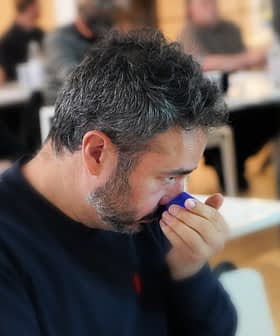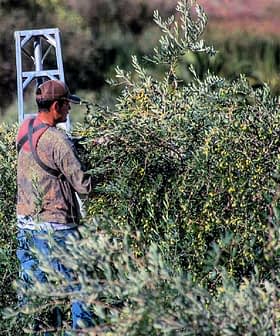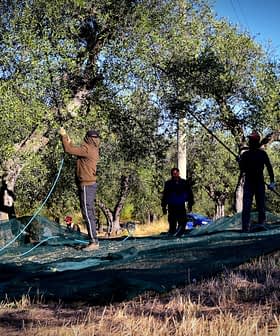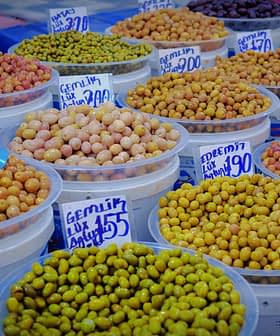Authorities in Brazil Seize 9,000 Bottles of Fraudulent Olive Oil
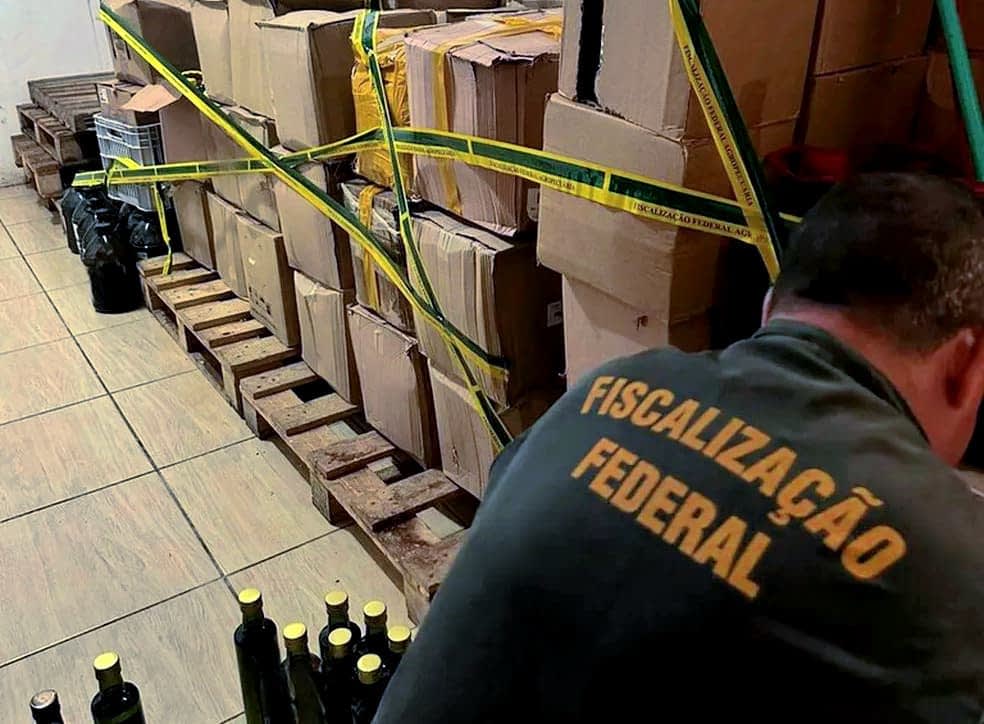
Authorities in Paraná seized 9,000 bottles of fraudulent olive oil sold as extra virgin Spanish olive oil, which was found to contain soybean oil through nuclear magnetic resonance testing. This seizure follows a similar incident in São Paulo, reflecting concerns about olive oil fraud in Brazil and its impact on both domestic producers and imported products.
Authorities in the southern Brazilian state of Paraná have seized about 9,000 bottles of fraudulent olive oil valued at 300,000 Brazilian reals (€56,000).
According to the Ministry of Agriculture and Livestock, the bottles were sold as extra virgin olive oil of Spanish origin. However, nuclear magnetic resonance testing found that they contained soybean oil.
In the long term, the challenge (for Brazil) is to maintain the quality of the national product, preventing fraud from occurring with domestic producers, as occurs today with imported olive oils.
Agents from the ministry first became suspicious after the Spanish-branded bottles were found in boxes with Portuguese labels. Closer inspection revealed that the bottles also had different types of caps. The fraud was confirmed after multiple samples were found to have identical spectral profiles.
Authorities did not say whether any arrests were made during the inspection.
See Also:Police in Spain and Italy Uncover Olive Oil Fraud RingThe seizure came two weeks after agents from the ministry seized more than 16,000 liters of olive oil in São Paulo. More than 6,000 bottles were destroyed after authorities tested the so-called olive oil and deemed it unfit for human consumption.
The ministry declined to name the brands or supermarket chains involved in either of the recent seizures but said representatives from the companies were summoned to the ministry.
According to Brazilian authorities, olive oil fraud is the second-most common type of food fraud in Brazil after fish fraud.
In a 2021 study, researchers from Italy, France and the United Kingdom found that diluting virgin and extra virgin olive oil with lampante oil to sell as extra virgin and substituting extra virgin olive oil with soybean oil dyed green are the two most common types of olive oil fraud in Brazil.
Between 2015 and 2017, the Ministry of Agriculture and Livestock detected irregularities in 45 commercial brands of extra virgin olive oil. Authorities found that 62 percent of the 333,329 liters analyzed by the ministry had sensory defects.
Paraná and São Paulo are located near the country’s two largest olive oil-producing regions, Rio Grande do Sol and the Serra da Mantiqueira, respectively.
Domestic olive oil production in Brazil remains very low, with about 580,000 liters produced in the 2022/23 crop year. According to data from the International Olive Council, Brazil was expected to consume 85,000 tons of olive oil in 2022/23, virtually all of which is imported.
As a result, both exporters to Brazil and local producers have told Olive Oil Times that the prevalence of fraud is among their major concerns.
“In the long term, the challenge [for Brazil] is to maintain the quality of the national product, preventing fraud from occurring with domestic producers, as occurs today with imported olive oils,” Rafael Goelzer, the market relations director of Estância das Oliveiras, told Olive Oil Times in a 2023 interview.


